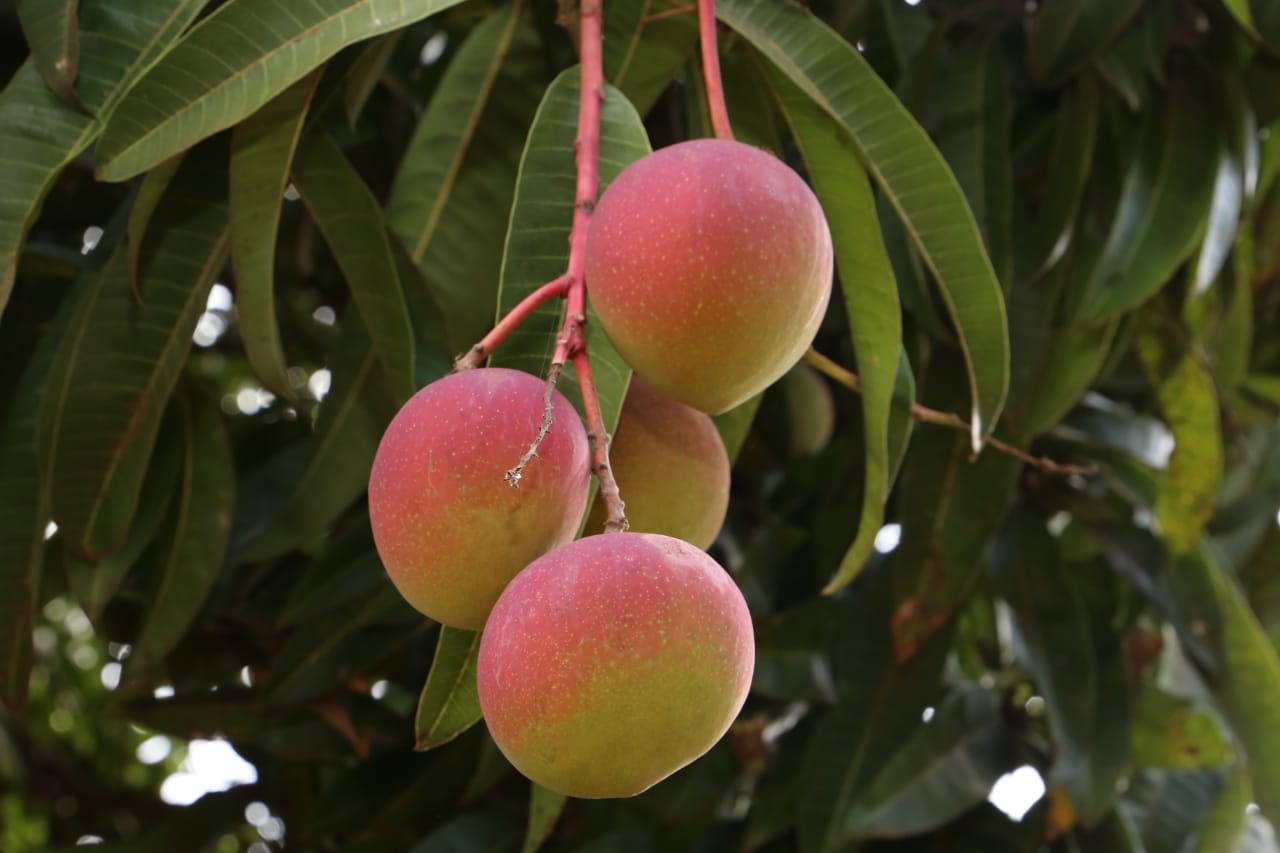Sonali Shah
 The Fruits of One’s Labor: Uncovering the Factors that Shape Sustained Technology Adoption to Reduce Post-Harvest Loss
The Fruits of One’s Labor: Uncovering the Factors that Shape Sustained Technology Adoption to Reduce Post-Harvest Loss
Post-harvest loss is a critical problem: as food travels from farms to markets to tables, one-third spoils before it is consumed. A significant portion of post-harvest loss is attributable to a lack of infrastructure in sub-Saharan Africa and Asia: without knowledge of and access to basic farming technologies, effective storage, and price information, market actors––smallholder farmers, harvesters, traders, processors, and exporters––face challenges at every step of food production and sale that reduce food available for consumption, while the food insecure go hungry. Post-harvest loss has detrimental effects on human health and well-being, the environment, and the incomes of the roughly 70% of the population who rely on agriculture for their livelihoods.
Interventions designed to reduce post-harvest loss require market actors to adopt specific technologies and use those technologies for sustained periods of time––that is to say, technologies may need to be used multiple times within a single harvest season and again in subsequent seasons. Little research exists on the factors that shape sustained technology adoption decisions in any context, making it an area ripe for qualitative inquiry. Professor Shah seeks to uncover the factors that support the sustained adoption of technologies used to reduce post-harvest loss by smallholder farmers and other market actors. Addressing this question will help target interventions towards those individuals most likely to implement and diffuse them. This work builds on her experience as a qualitative scholar studying motivation, technology adoption, and industry development. During her CAS appointment, Professor Shah will distill theoretical insights from interview data, and, contingent on COVID-19 constraints, travel to Tanzania to conduct additional interviews with smallholder farmers.
